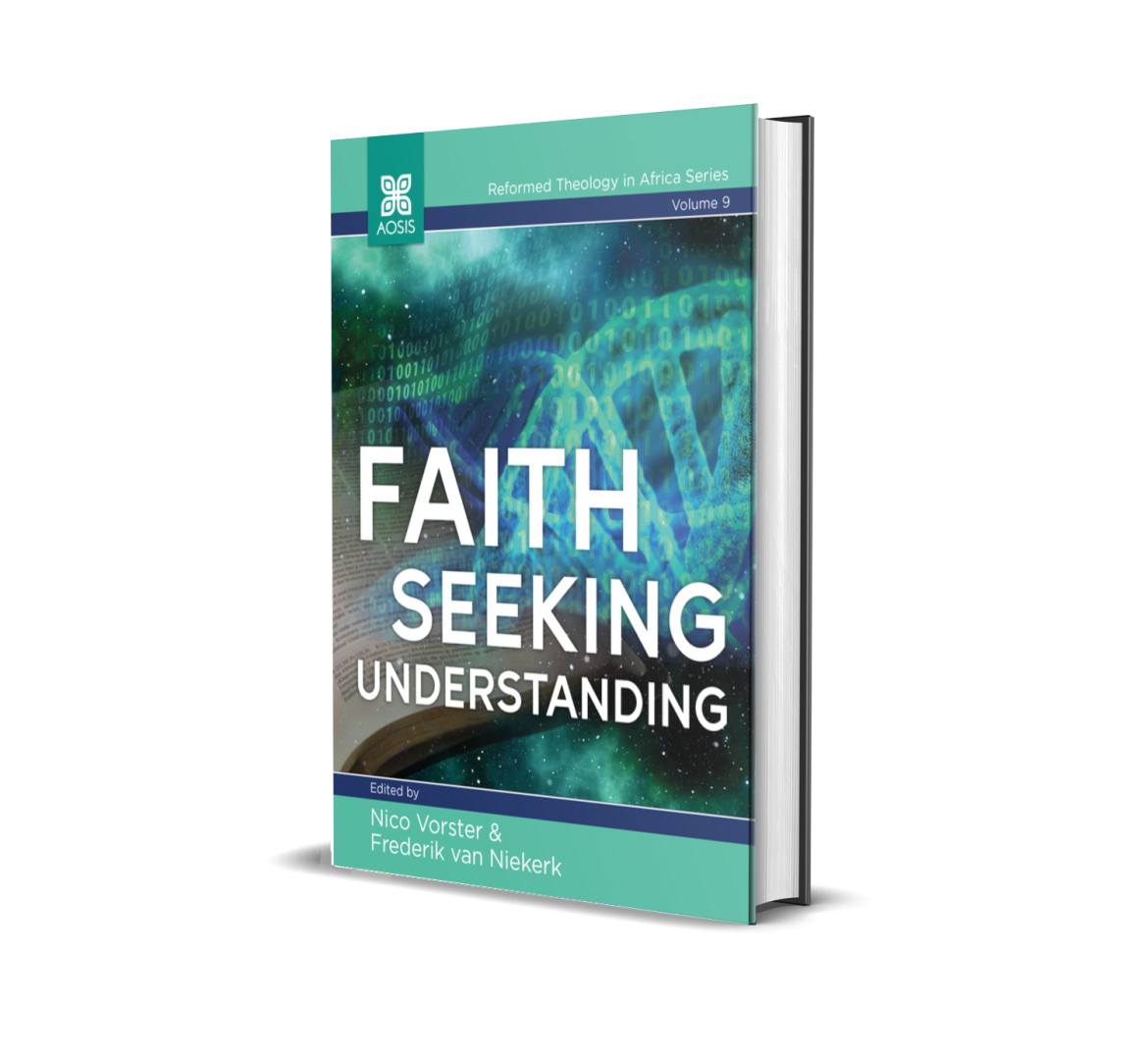Faith seeking understanding is published by AOSIS Scholarly Books.
How did it all begin? How do we even start to engage the differences between creation narratives in the Christian Bible and modern scientific theory? The authors of this book explore hermeneutic approaches and developments in biblical studies to set the scene for a religious approach. This approach is open to the possibility that a literalist approach to Scripture is, in fact, the most unjustifiable reading of the Bible. This may profoundly affect how we view God, the cosmos, and even ourselves.
To be able to read the Bible from the perspective of an open present and future paves the way for suppressed uncertainties to be liberated. This paves the way for humankind to freely question all things without being enslaved by imposed religious dogma. This is not to say that religion has served its purpose, but it is far from it. With the rise of technological advancements come other social and anthropological problems, not to mention the challenge we face on a global scale with climate change, et cetera. Just as we dare to peek over the edge of a future without religion, the authors bring us back to the fundamental teachings of faith traditions, Christianity in particular. They remind us that the solutions to these challenges are to be found in us becoming ‘better humans’. Becoming ‘better humans’ brings us back into the arena of faith traditions. When technology may lead to social disconnection and narcissism, religion calls for love of self and neighbour. Where greed-inspired advancements threaten the future of our planet, religion teaches us to be in relationship with our environment and to be custodians of it.
Copyright (c) 2022 Nico Vorster (Author); Frederik van Niekerk (Volume editor)
Faith seeking understanding makes a valuable contribution to the religion-science conversation. The opening chapters address the familiar issue of the apparent
conflict between science and the early chapters of the biblical book Genesis. They clarify the issues and add some helpful new insights to that study. Subsequent
chapters deal with other vital matters where religion and science come into contact. These include possible Pentecostal contributions to the conversation, the
impact of recent technologies on theology, transhumanism, the question of how to regard traditional medicine, and an issue fundamental to human existence –
existential anxiety. Each paper is distinct and offers a thoughtful and helpful perspective on the aspect of the religion-science debate.
Prof. Dr James Bradley, Department of Mathematics (Emeritus), Calvin University, Grand Rapids, Michigan, United States of America

